Blog
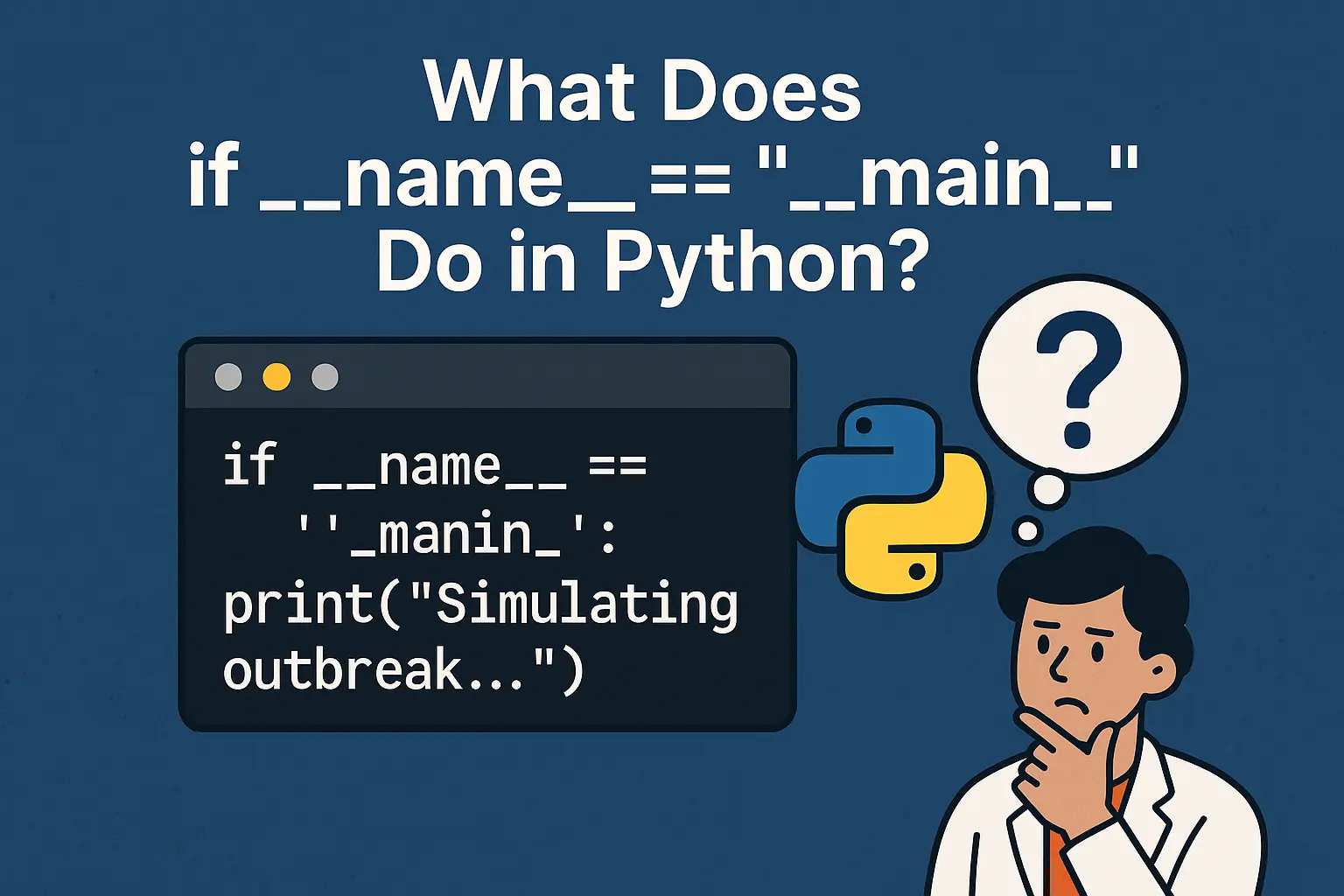
Python
What Does if __name__ == '__main__' Do in Python?
Curious about the if __name__ == '__main__' line in Python? This post explains what it does, why it's important for researchers, and how it helps make your code modular and reusable. Perfect for anyone using Python in science or engineering!
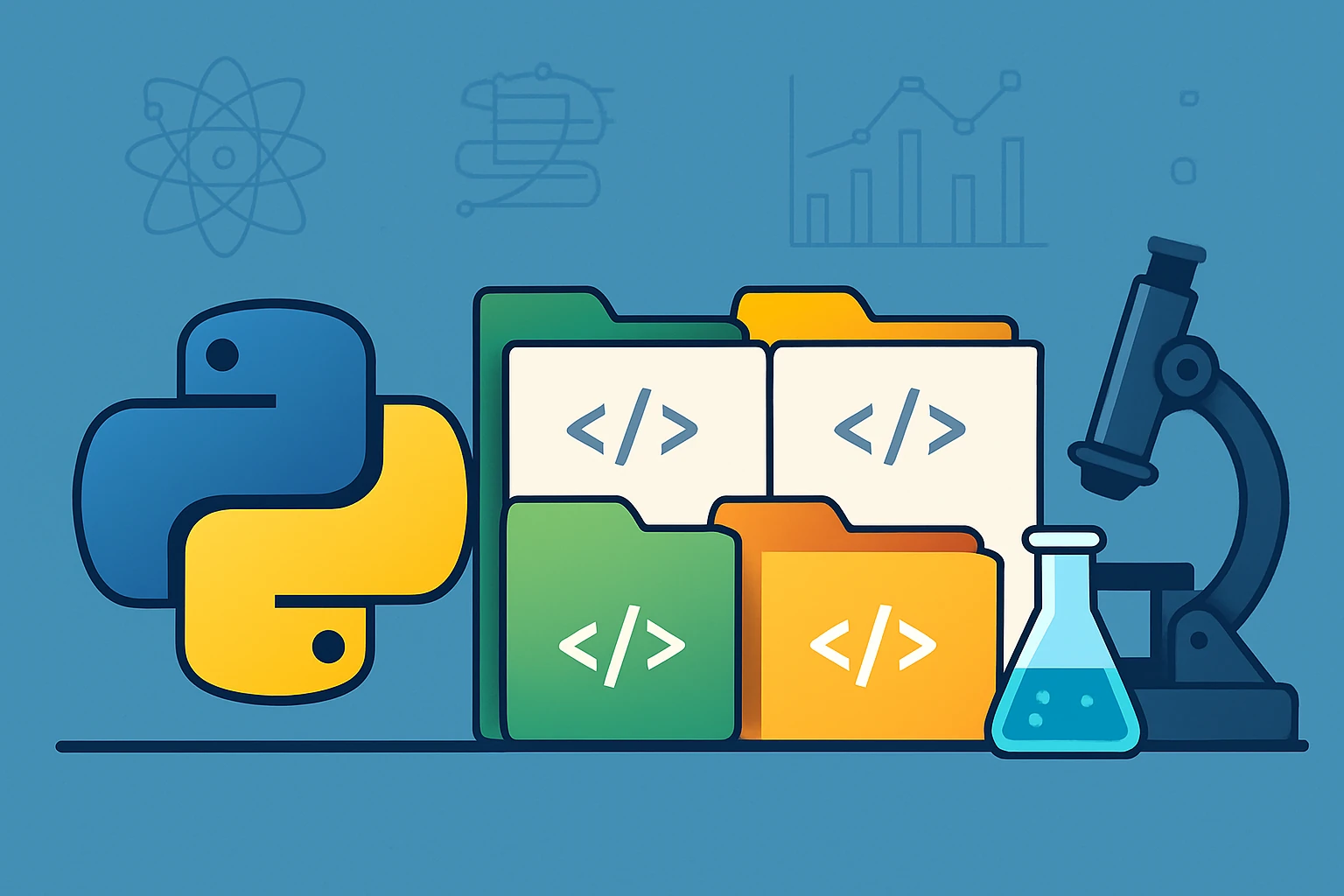
Python
How to Use Virtual Environments to Keep Your Python Projects Clean
Learn why virtual environments are essential for research projects and how to use them to avoid dependency conflicts. Perfect for scientists managing multiple Python projects with different requirements.
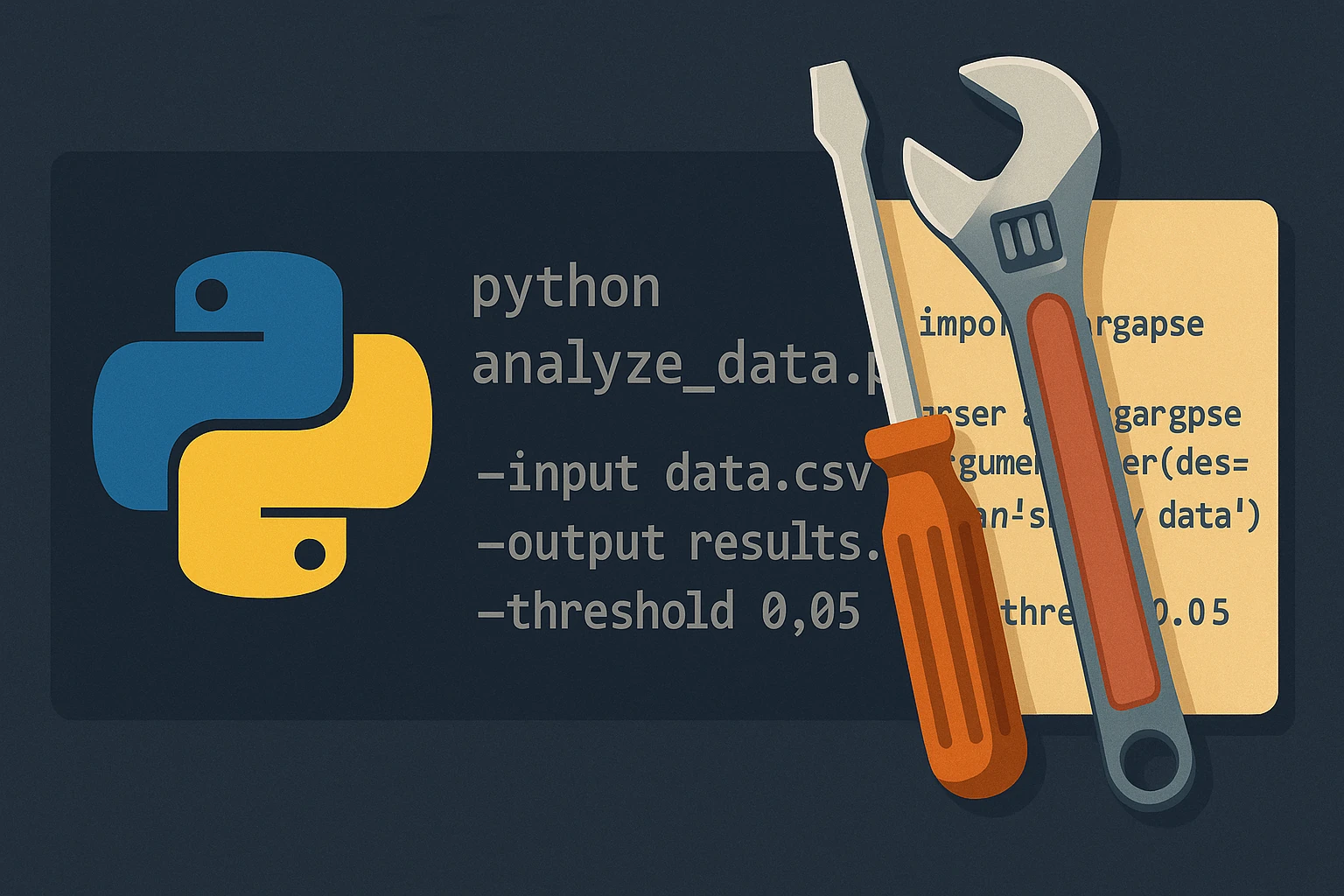
Python
Using argparse: Making Your Python Scripts Smarter with Command-Line Arguments
Learn how to use argparse to make your Python research scripts more flexible and professional. Perfect for researchers who want to run the same analysis with different parameters without editing code.
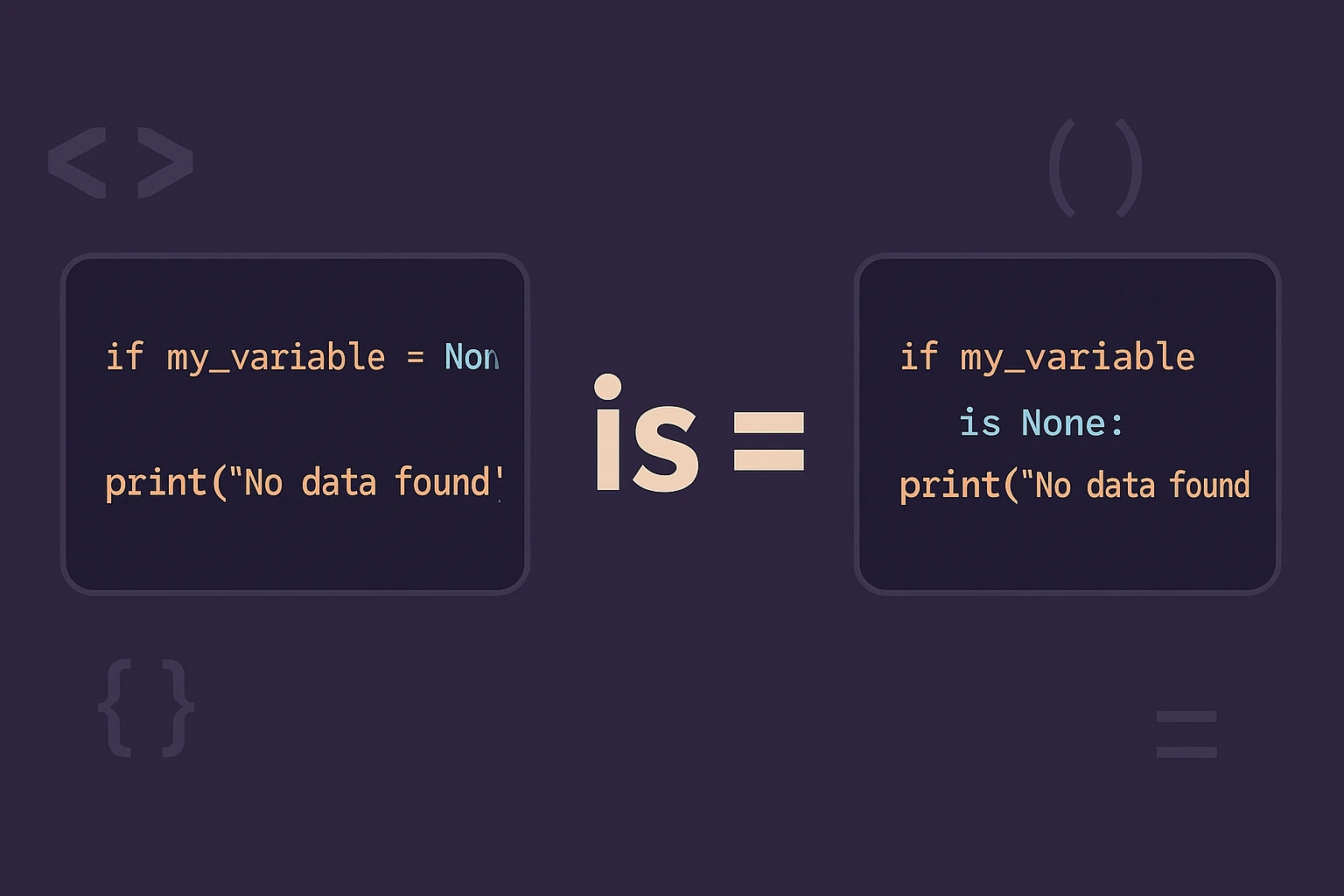
Python
What's the Difference Between `is` and `==` in Python?
Confused about when to use 'is' vs '==' in Python? Learn the crucial difference between identity and equality, with practical examples for researchers and data scientists.
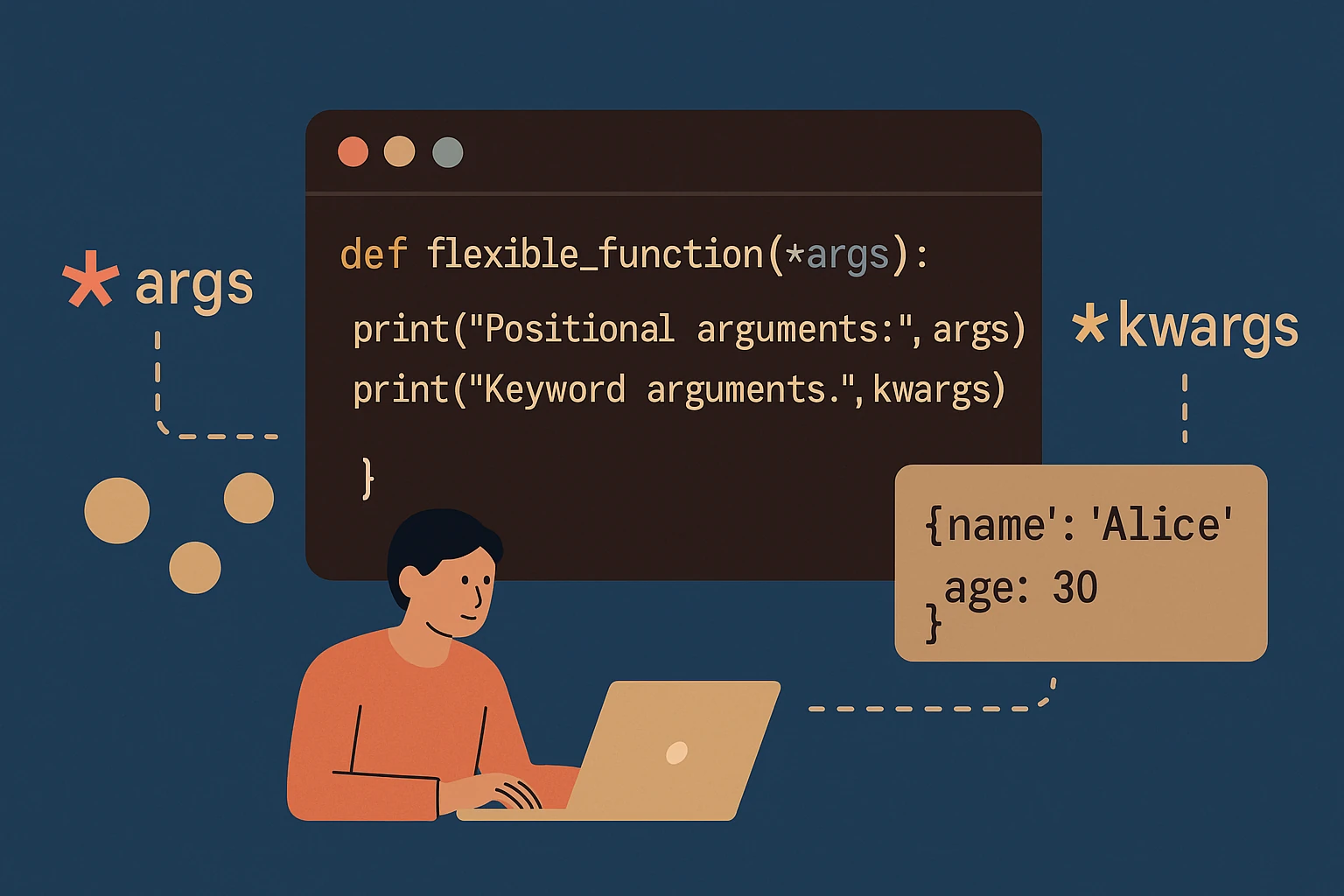
Python
How *args and **kwargs Make Your Functions More Flexible
Struggling with rigid function parameters in your research code? Learn how *args and **kwargs can make your Python functions more flexible and reusable. Perfect for data analysis, simulations, and building research tools that adapt to different scenarios.
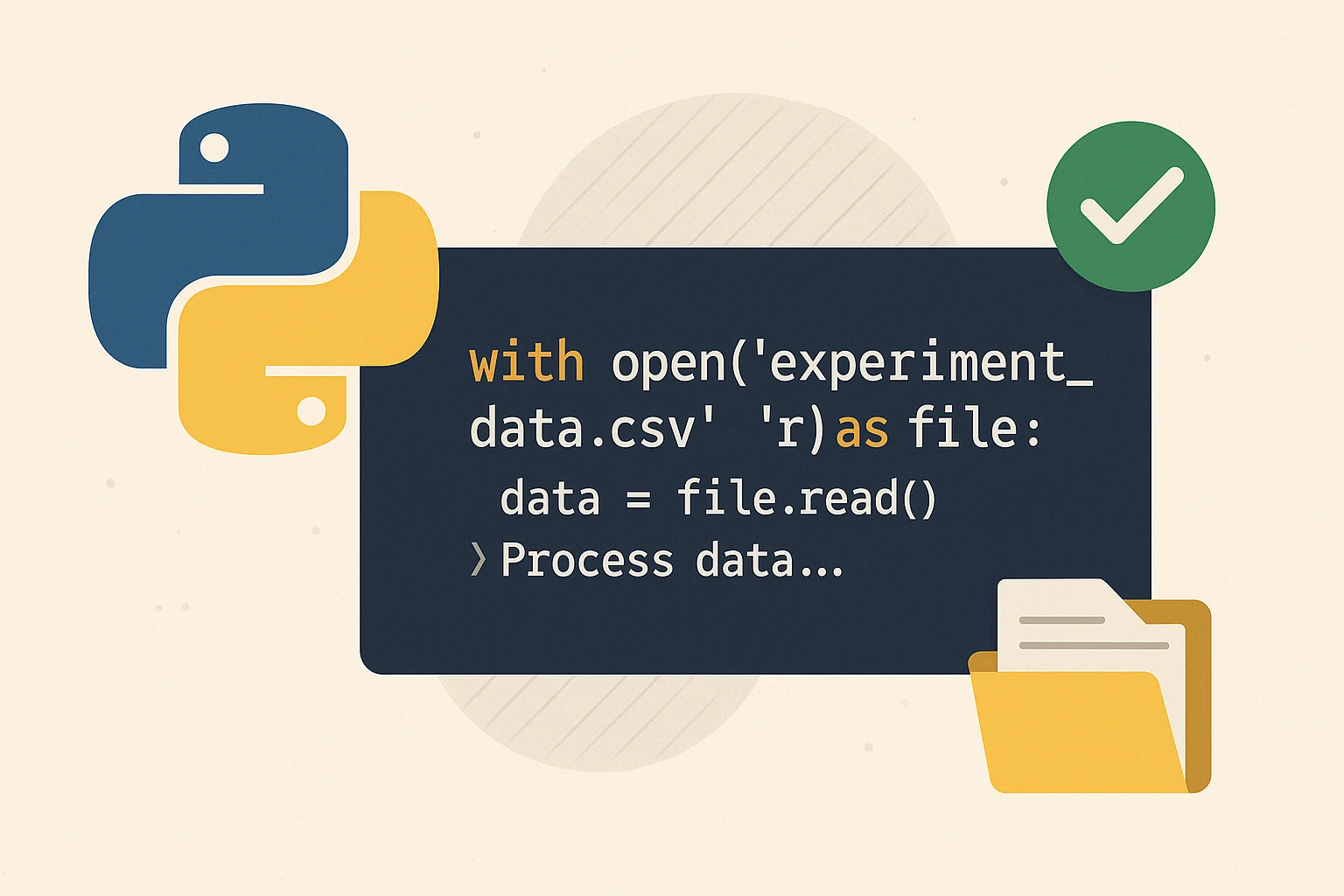
Python
What Are Context Managers and Why Is `with` So Useful?
Tired of forgetting to close files or clean up resources in your research scripts? Learn how Python's `with` statement and context managers automatically handle cleanup for you. Essential for robust data processing and file handling in scientific computing.
